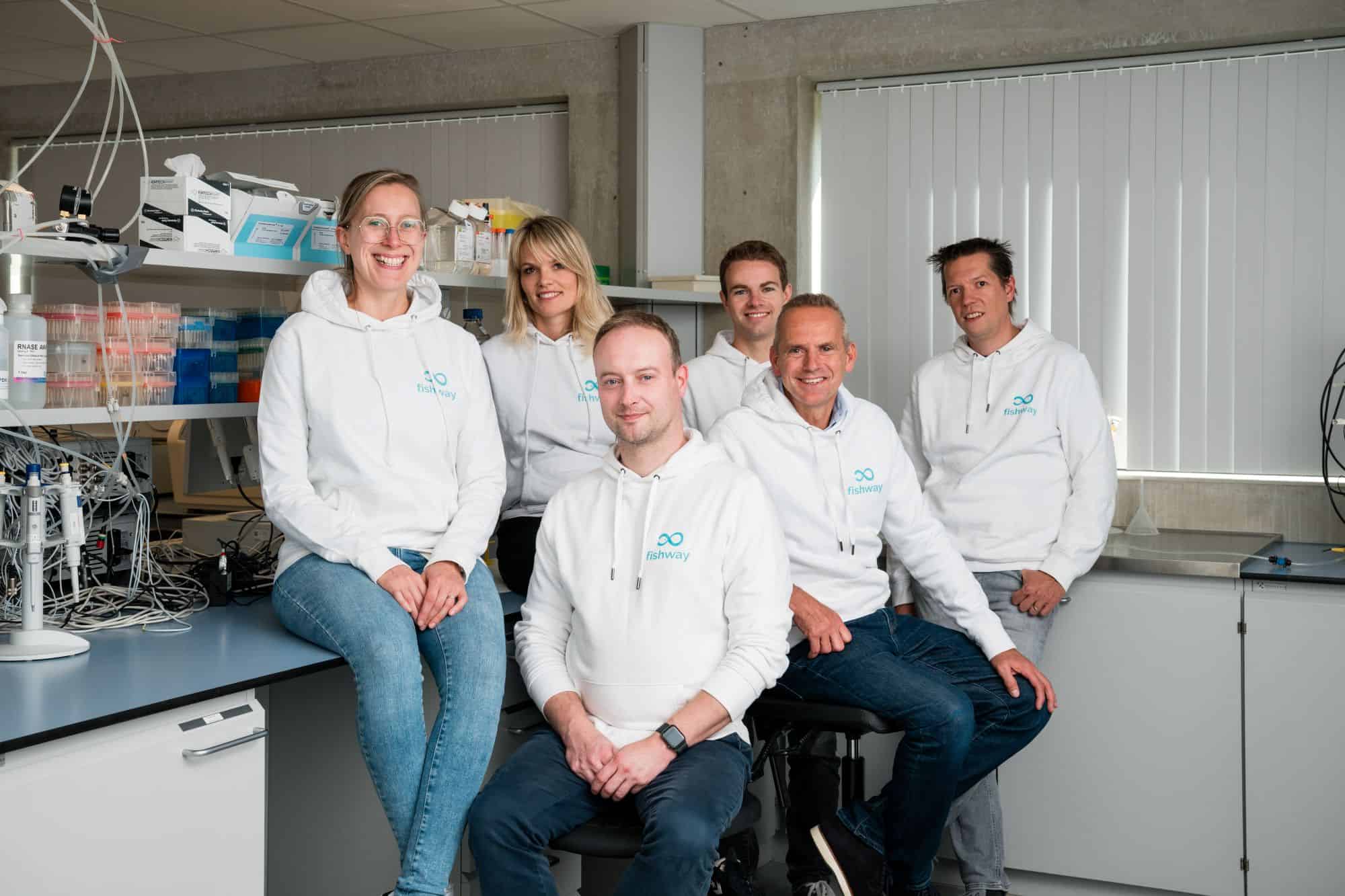The National Alternative Protein Innovation Centre (NAPIC) has been formally launched at the UK’s University of Leeds. It comes after the centre received £15 million in investment from two government funding bodies — the Biotechnology and Biological Sciences Research Council (BBSRC) and Innovate UK.
NAPIC is hosted by the University of Leeds and co-led with the James Hutton Institute, the University of Sheffield, and Imperial College London. Its aim is to “transform the alternative protein landscape and contribute to a more sustainable future for our planet”.
The launch event was attended by 250 delegates spanning academia, industry, investors, funders, and policymakers. It featured a keynote address by Professor Tim Benton of Chatham House, who discussed the critical role of alternative proteins in creating a sustainable food system.
Other speakers outlined NAPIC’s vision, performance indicators, and upcoming funding calls. A panel discussion featuring representatives from the James Hutton Institute, University of Sheffield, Food Standards Agency, Good Food Institute, Plant Futures, and Innovate UK explored the challenges and opportunities for open innovation in the alternative protein sector.

“Unique platform for global collaboration”
NAPIC has announced that it welcomes applications addressing challenges across four core pillars of the alternative protein value chain — PRODUCE, PROCESS, PERFORM, and PEOPLE. The focus is on translating technologies into effective, safe solutions unlocking the full potential of the alternative protein sector. The centre currently comprises over 30 researchers working with 150 partners, including businesses, regulators, and investors.
“NAPIC offers a unique platform for global collaboration in alternative proteins, bringing together researchers, industry, and policymakers to build a sustainable protein ecosystem as a model worldwide,” said Dr Cristina Martínez Villaluenga, Department of Technological Processes and Biotechnology, Institute of Food Science and Technology and Nutrition, CSIC, Spain. “As an international partner, I value the shared expertise and vision driving impactful, scalable innovations.”

“Pioneering initiative”
NAPIC is just one of several alternative protein innovation centres that have opened in the UK in recent years. Many have received public funding, showing that the government recognises the need to diversify protein sources. As outlined by GFI, this public research has the potential to cover topics beyond the scope of the private sector while allowing for more collaboration with academics and industry.
Last year, the UK government invested £12 million into an initiative called the Cellular Agriculture Manufacturing Hub (CARMA), which aims to help British scientists and companies make cultivated meat at scale. This February, another £12 million of government funding was invested into the Microbial Food Hub, a research centre developing fermentation-based alternatives to animal products.
Meanwhile, the Bezos Earth Fund announced the launch of a new Bezos Center for Sustainable Protein at Imperial College London in June. The Center will conduct research into cultivated meat, precision fermentation, AI, machine learning, nutrition, bioprocessing, and automation.
“This [NAPIC] launch marks a significant milestone in the field of sustainable food innovation,” said BBSRC Executive Chair Professor Anne Ferguson-Smith. “Along with Innovate UK, BBSRC is proud to support this pioneering initiative that promises to drive innovation across the UK alternative proteins sector. By fostering collaboration among academics, industry leaders, and policymakers, NAPIC stands at the forefront of addressing global challenges related to food security and a changing climate. This centre will help secure the UK’s position as a leader in alternative protein research, exemplifying our commitment to driving scientific discoveries that cater to both environmental sustainability and public health needs.”




